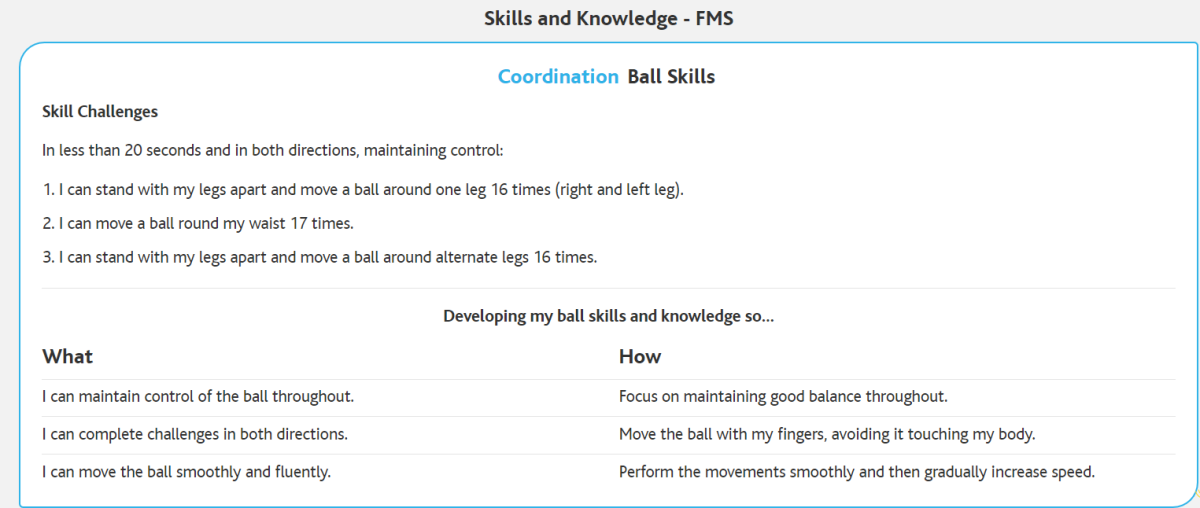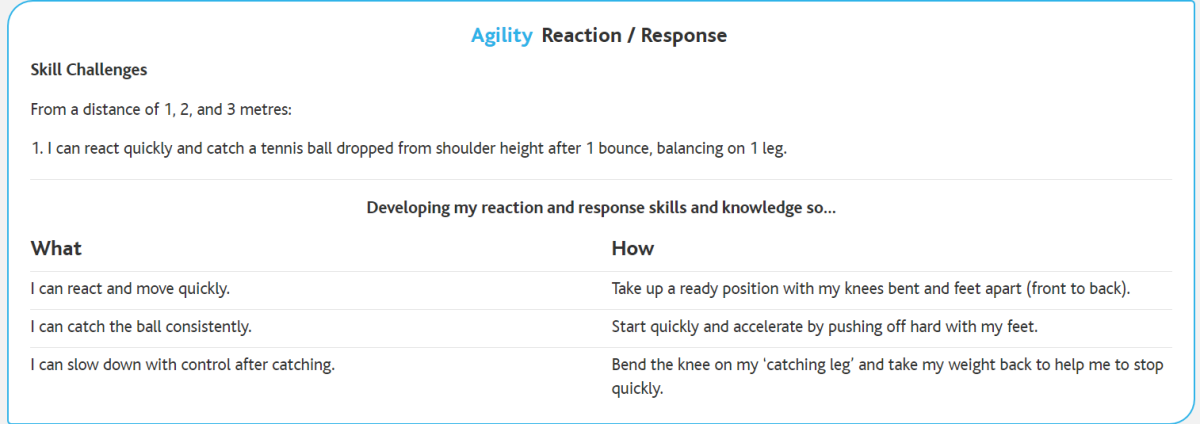This website uses Google Translate
You cannot use this feature without first accepting 3rd Party Cookies.
This website uses Google Translate
You cannot use this feature without first accepting 3rd Party Cookies.
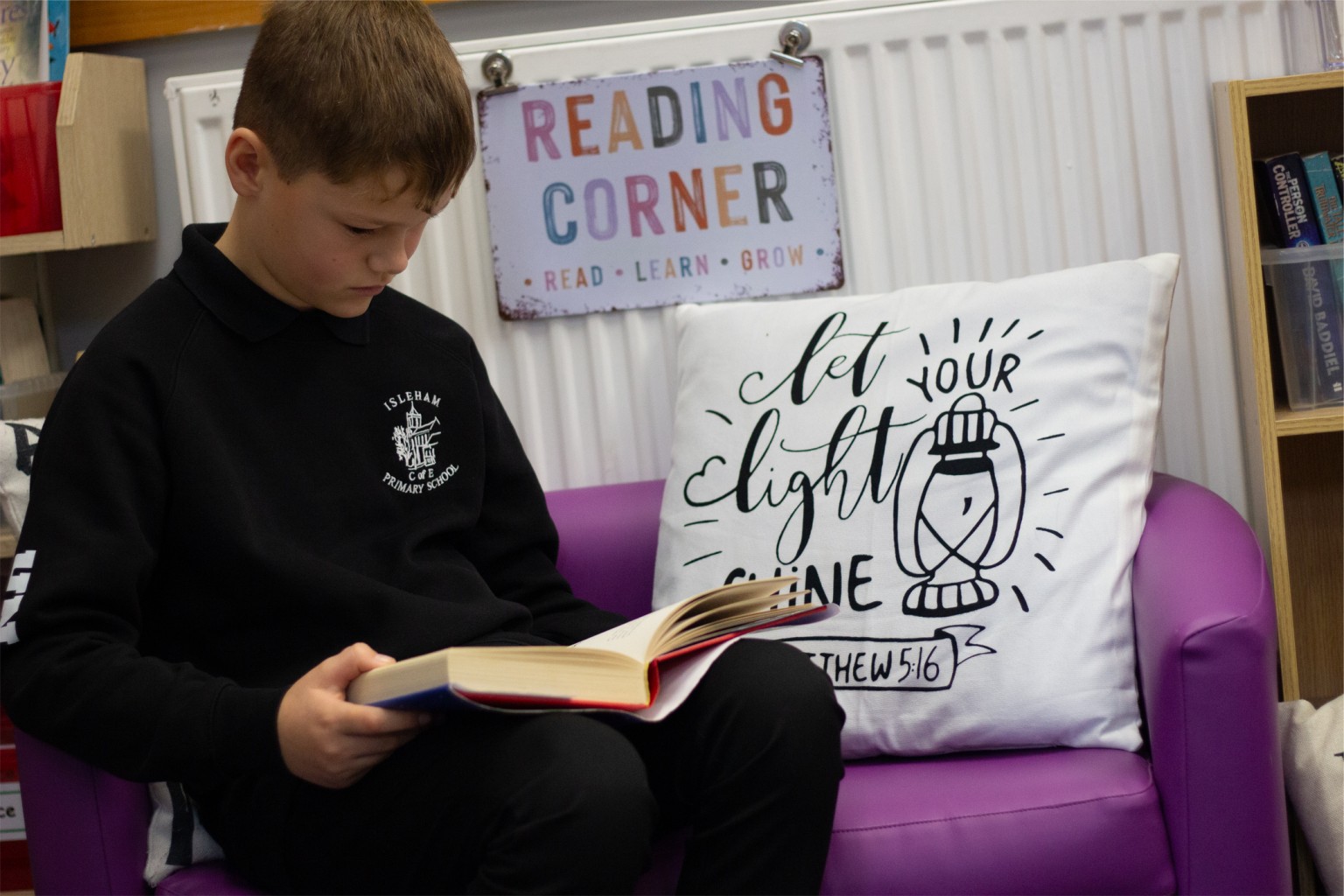
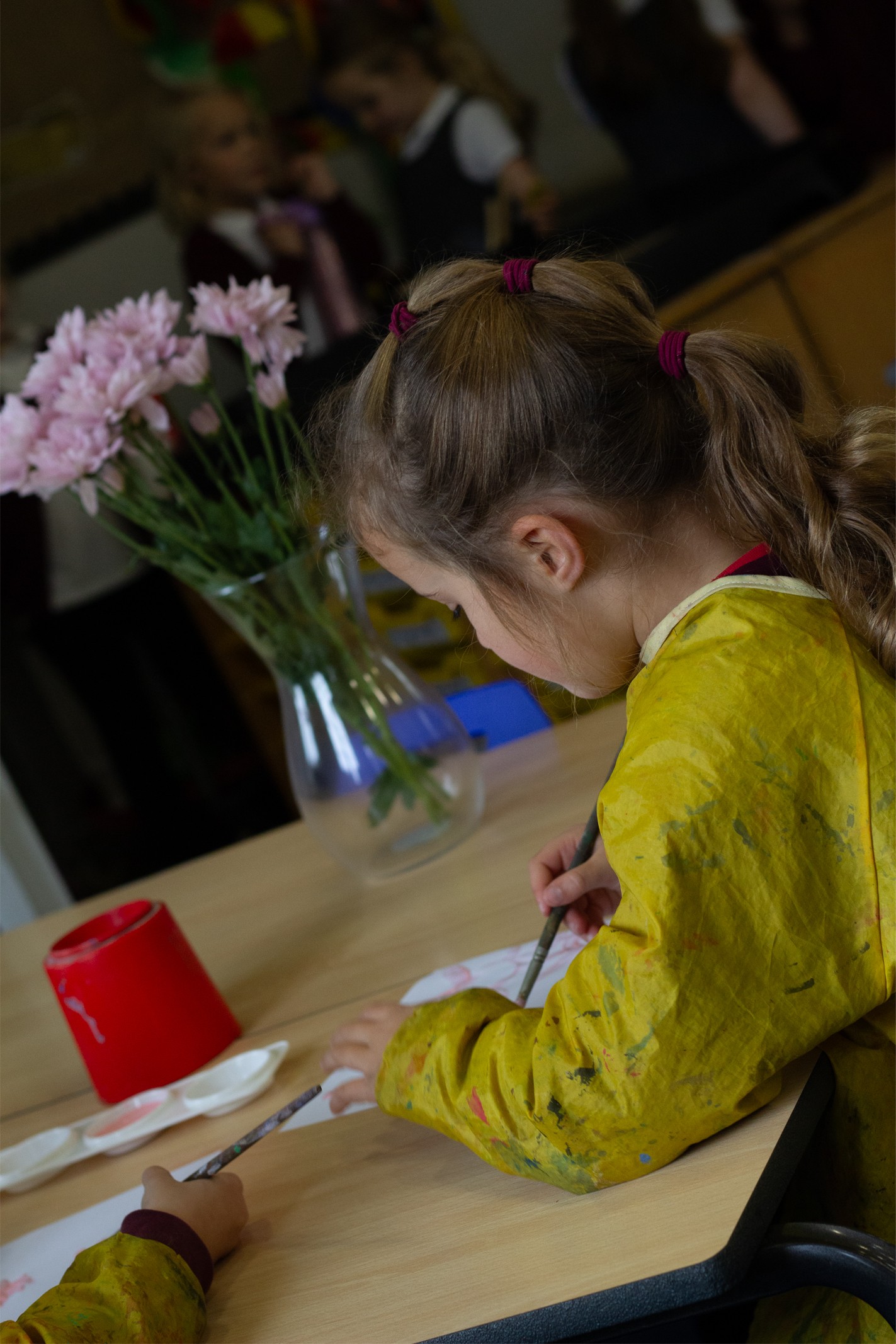
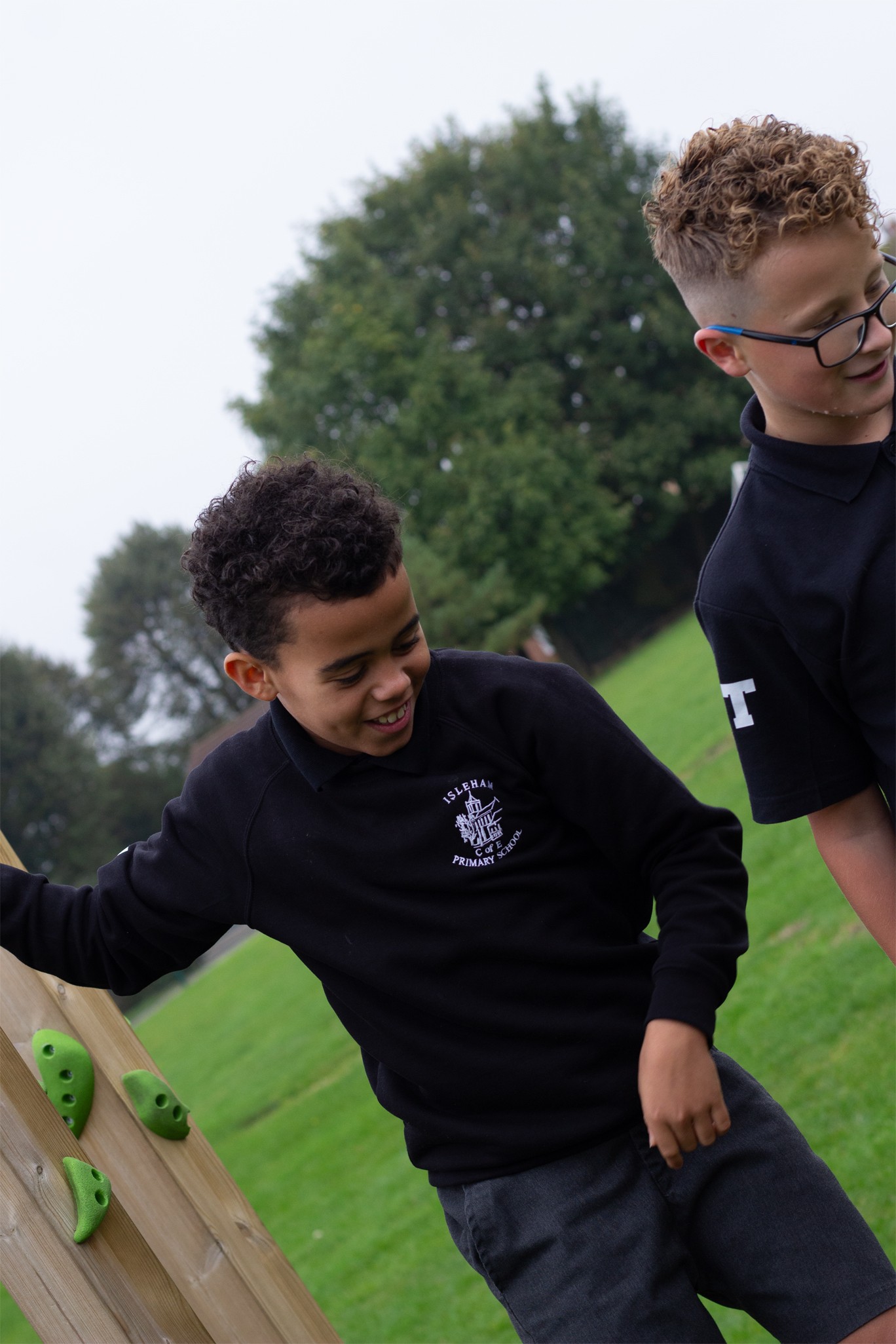
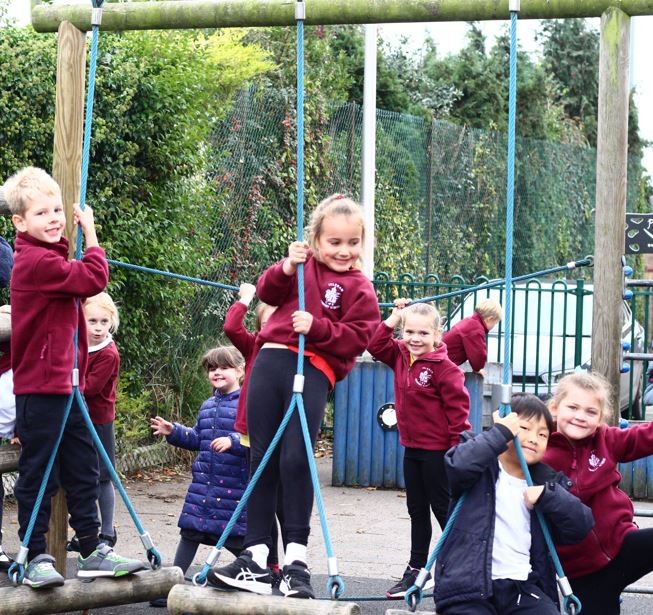
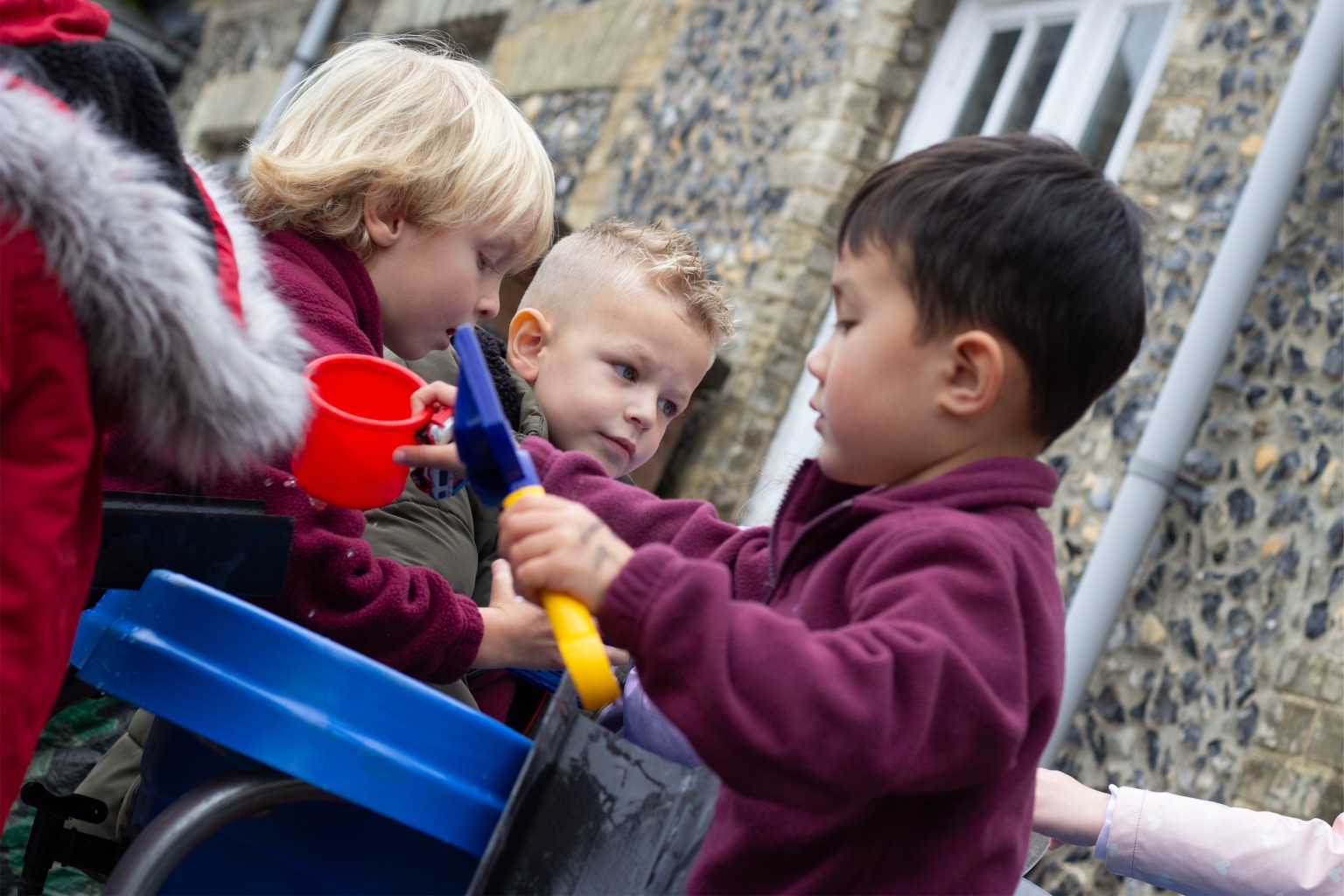
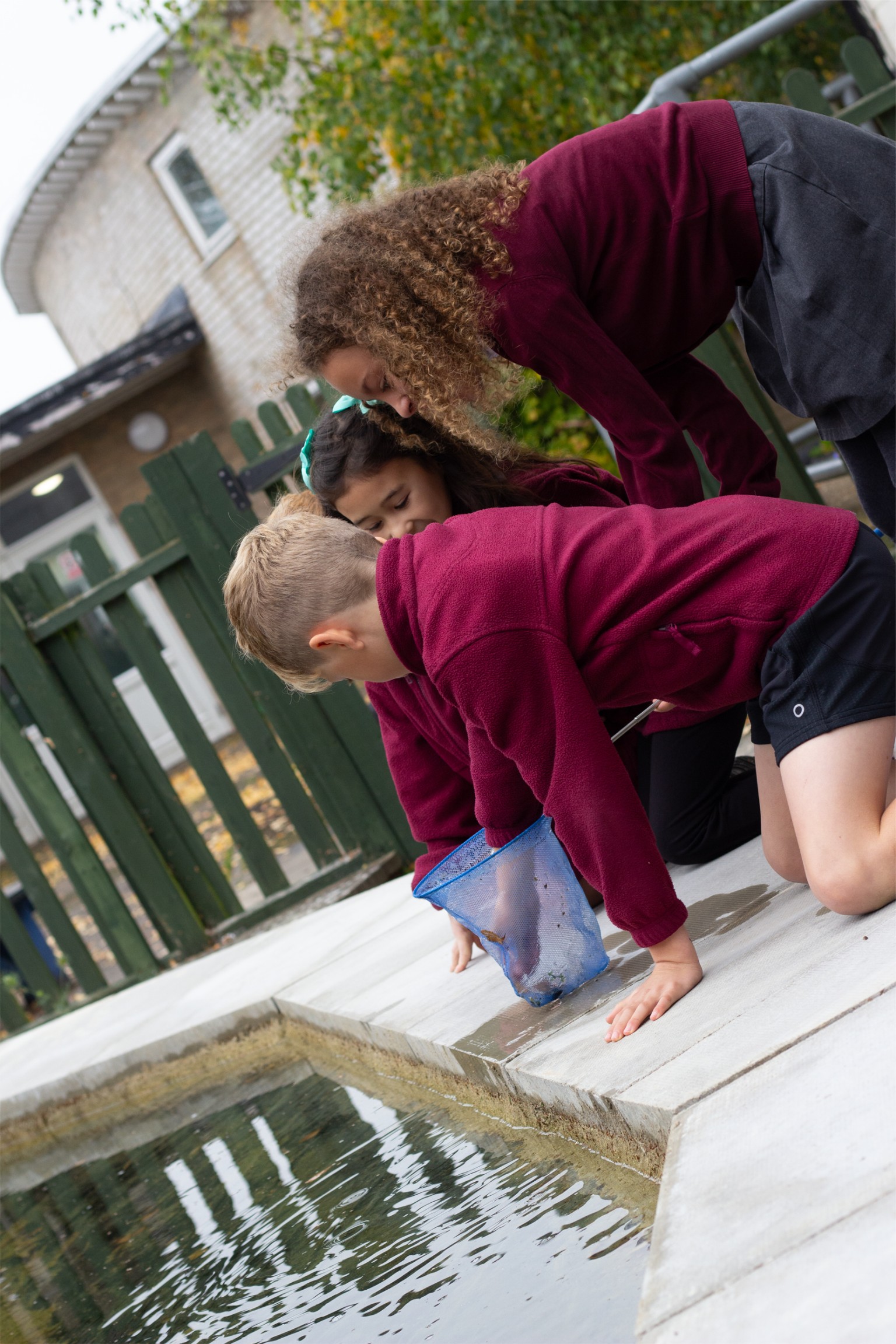
You cannot use this feature without first accepting 3rd Party Cookies.
You cannot use this feature without first accepting 3rd Party Cookies.

Autumn Term September 2024
I hope everyone enjoyed the Summer break and is looking forward to the start of the Autumn term in Year 5 with Mr Walker and Mrs Goldsack. We want to make sure that you are fully informed so please come and ask if you have any questions or queries or jot something down in the Reading Record. Remember your child needs to bring it into school every day so that messages can be acted upon and reading checked.
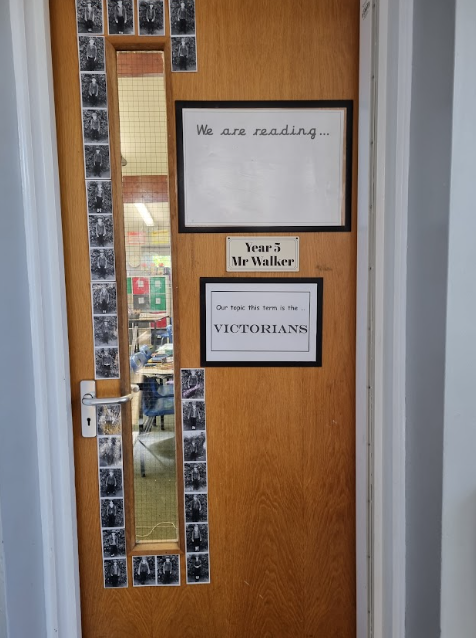
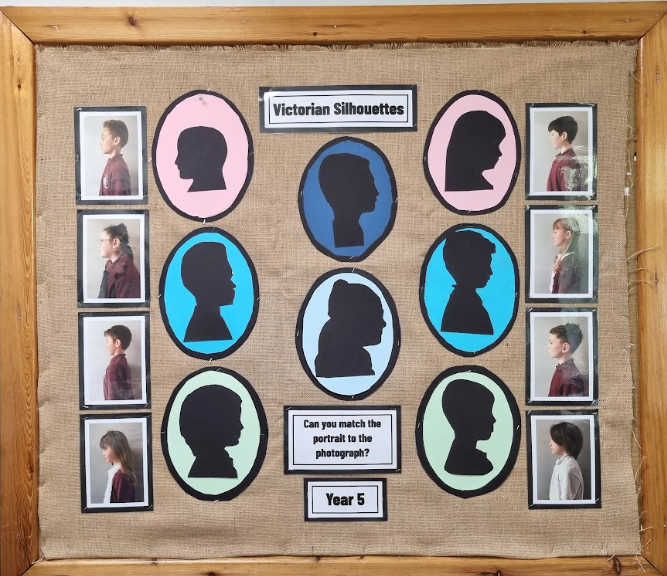
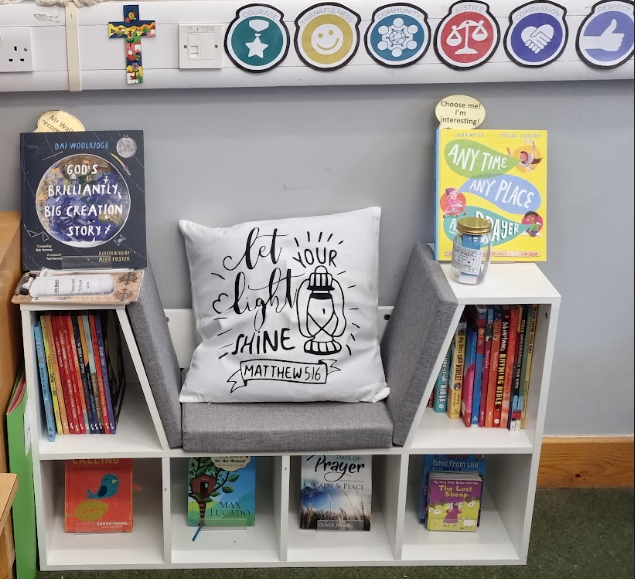
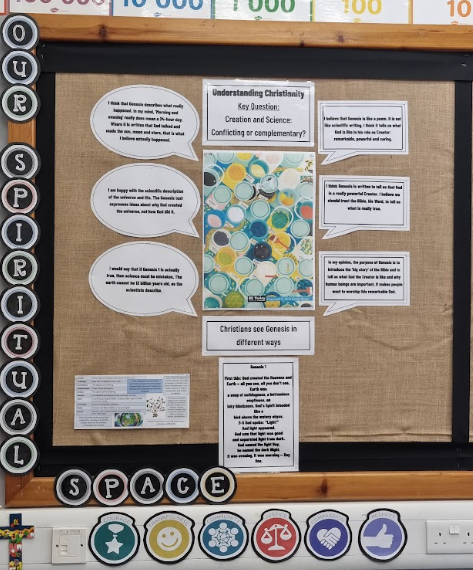
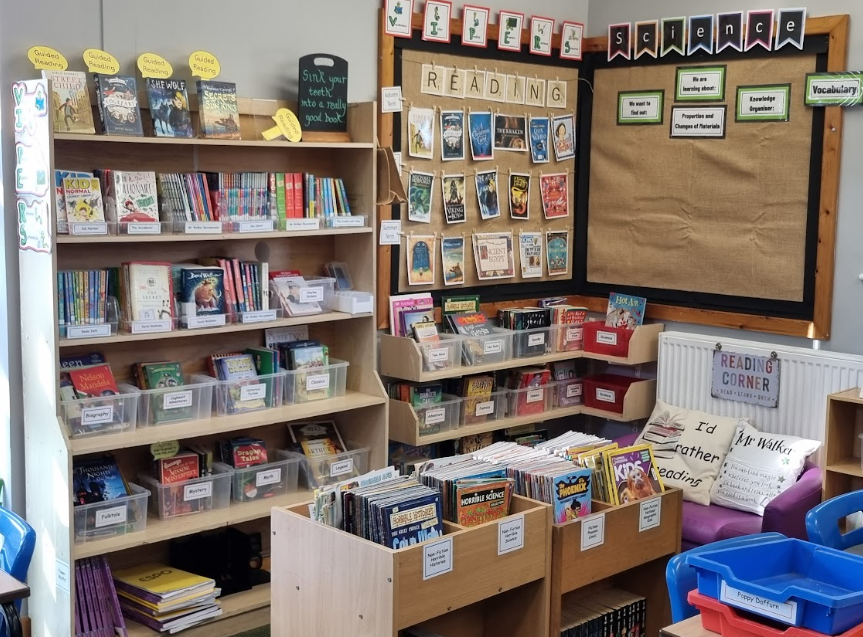
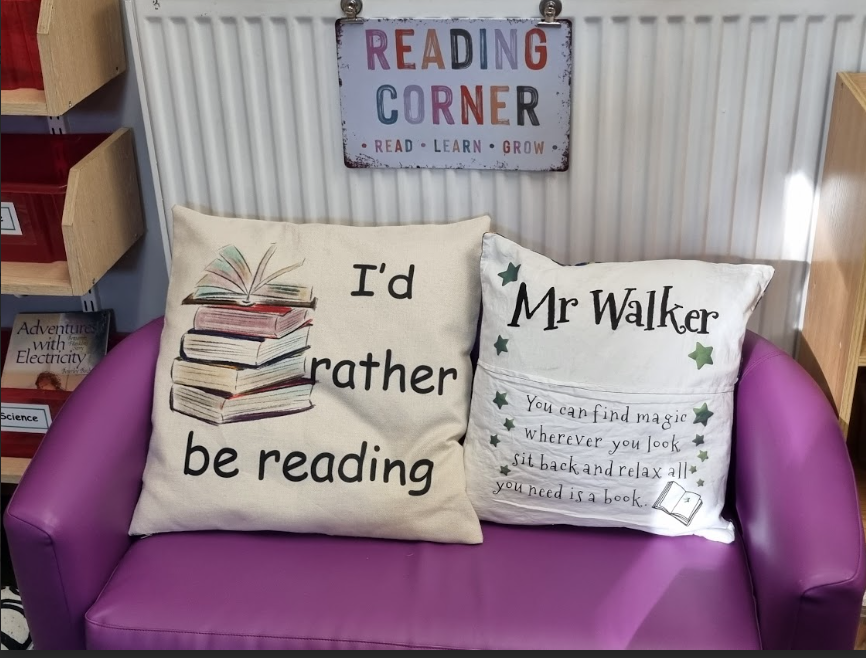
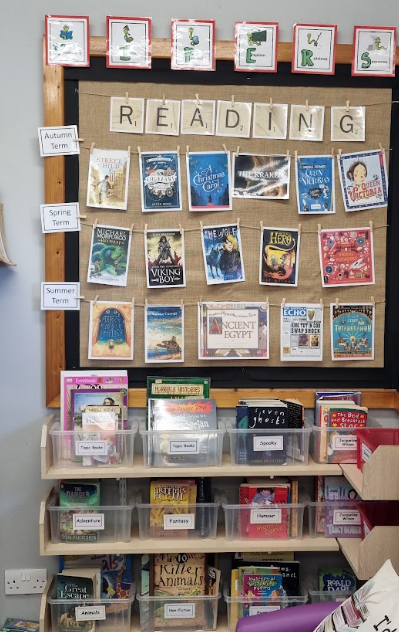
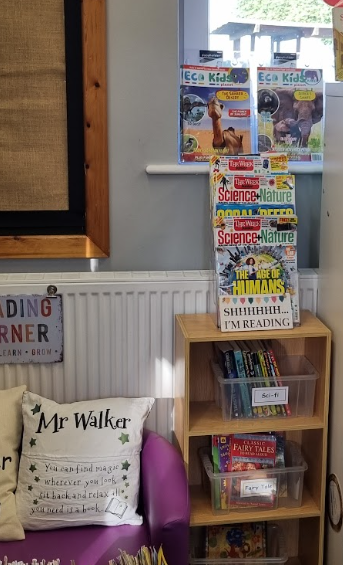
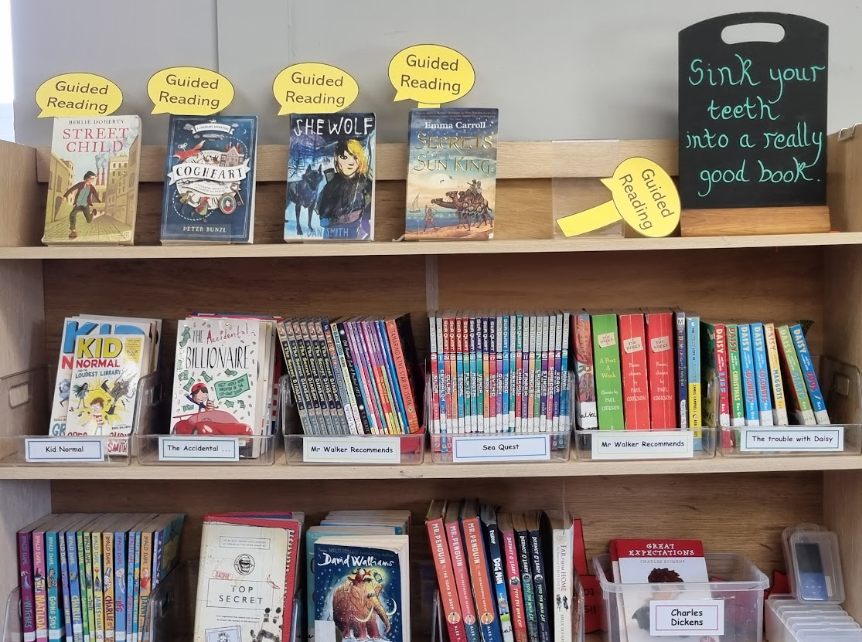
When his mother dies, Jim Jarvis is left all alone in London. He is sent to the workhouse but quickly escapes, choosing a hard life on the streets of the city over the confines of the workhouse walls.
Struggling to survive, Jim finally finds some friends… only to be snatched away and made to work for the remorselessly cruel Grimy Nick, constantly guarded by his vicious dog, Snipe.
Will Jim ever manage to be free?
Over the first half term we will be writing character descriptions and settings using Street Child as a model. Later on we will be writing diary entries as if Year 5 were Jim Jarvis. Have your handkerchiefs at the ready!
Watch the author Berlie Doherty reading the very first chapter below.
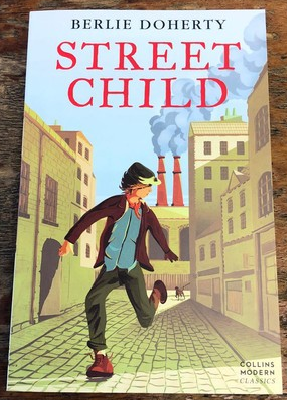
VIPERS is an acronym to aid the recall of the 6 reading domains as part of the UK’s reading curriculum. They are the key areas which we feel children need to know and understand in order to improve their comprehension of texts.
VIPERS stands for
Vocabulary
Inference
Prediction
Explanation
Retrieval
Sequence or Summarise
The 6 domains focus on the comprehension aspect of reading.
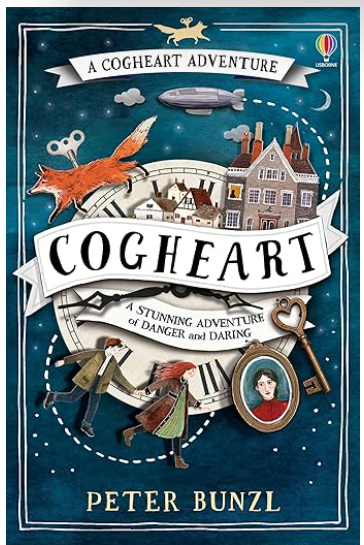
Following our Power Maths scheme, we will start with:
Unit 1 Place value within 100, 000
Unit 2 Place value within 1,000, 000
Unit 3 Addition and Subtraction
Unit 4 Graphs and tables
Unit 5 Fractions (1)
Unit 6 Fractions (2)
You can watch a short 'how to' guide providing information on how you can help your child understand Place Value below.
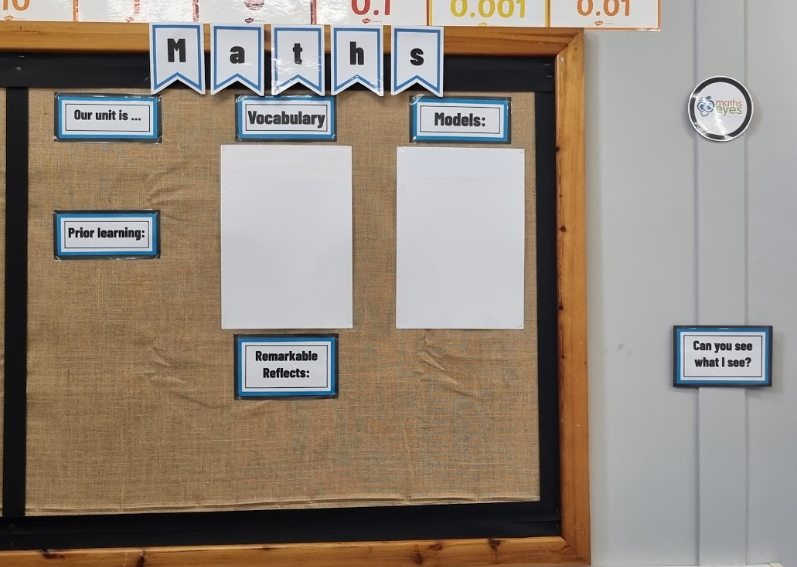
Science Autumn 1: Properties and changes of materials
In Science this term we will be learning to:Isleham is a proud Church of England school where Religious Education is a subject of the utmost importance to us. We teach from a Christian perspective based on the teachings of Christ and the theology of the Church of England. We believe that RE helps children develop empathy and an understanding of their own beliefs and the faith of others. We also teach our children about other faiths and religions too. We expect that all children know about the significant events in other religions, understand how these promote faith for their followers and that these events or practices deserve our respect. Each year the children will work through the Understanding Christianity scheme and this is supplemented by the local Cambridgeshire Agreed Syllabus
In EYFS, we introduce children to the similarities and differences between different religions and cultural communities through questions such as which people are special and why, and what is special about our world?
In KS1, we cover a wide range of themes such as sacred books, sacred places and the celebration of special and sacred times with specific, focused units on Islam, Judaism and Christianity.
In KS2, we cover a wide range of themes, building on KS1 content. We look at why festivals are important and why people pray, to what do religions say to us when life gets hard? Focused units are based around Islam, Humanism, Christianity and Buddhism.
The key purpose of this Programme is to help all teachers support pupils in developing their own thinking and their understanding of Christianity, as a contribution to their understanding of the world and their own experience within it.
We aim to see pupils leave school with a coherent understanding of Christian belief and practice. Pupils from 5-11 explore the significant theological concepts within Christianity as part of developing their wider religious, theological and cultural literacy.
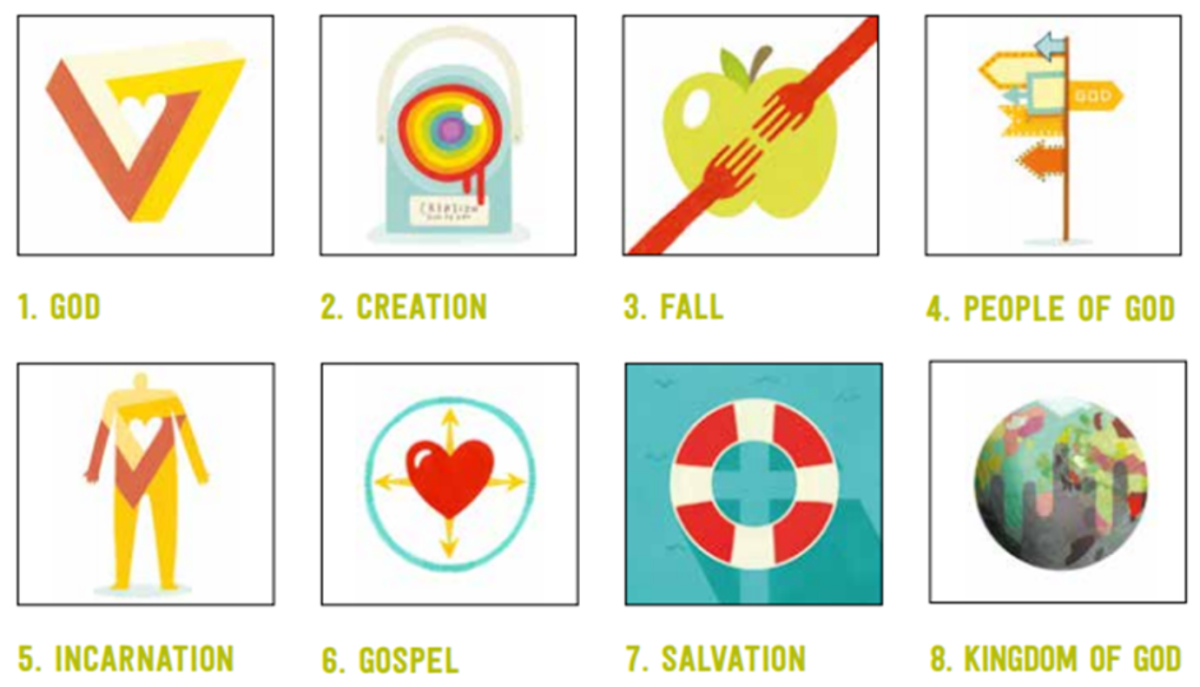
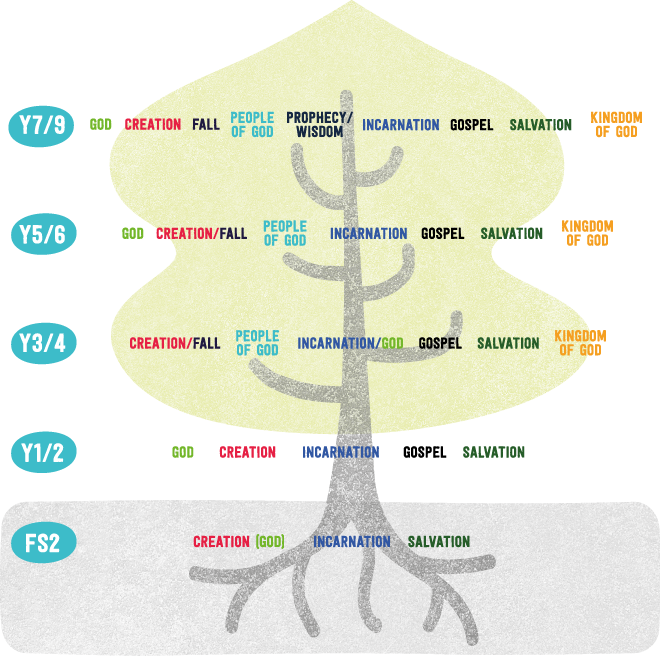
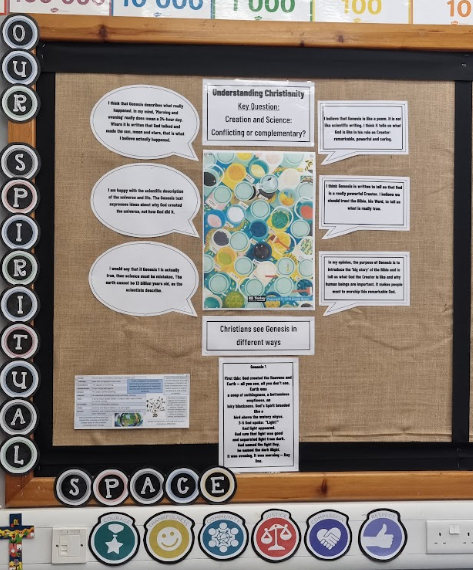
Art Autumn 1: Victorian Artists - William Morris
In art, we will be looking at wall paper patterns created by William Morris.
William Morris was born in 1834 in Walthamstow at a time when large factories changed how things were being made in the UK. William Morris was inspired by nature. He preferred art and craft that was made by hand, so William set out to blend that homemade craft with the natural world. He used block printing to create large floral patterns. Each block contained a part of the image and was used with one colour.
Lesson 1: To explore the artwork of William Morris
Lesson 2: To explore and understand the Arts and Crafts movement
Lesson 3: To observe and sketch natural objects
Lesson 4: To design a printing block inspired by William Morris
Lesson 5: To create and print using a printing block inspired by William Morris
Watch the videos below to find out about William Morris and The Great Exhibition and to see some of his most famous designs.
Geography Autumn 2 - What is life like in the Alps?
In Geography, we will be using Kapow Geography lessons to investigate life in the Alps. Year 5 will be considering the climate of mountain ranges and why people choose to visit the Alps; focusing on Innsbruck and looking at the human and physical features that attract tourists; investigating tourism in the local area and mapping recreational land use; presenting findings to compare the Alps to the children’s own locality.
Lesson 1: Where are the Alps?
Lesson 2: What is it like in the Alps?
Lesson 3: Why do people visit the Alps?
Lesson 4: What is there to do in our local area?
Lesson 5: How are the Alps different from our local area?
Lesson 6: What is life like in the Alps?
Watch the video below to find out 13 interesting facts about the Swiss Alps.
Lesson 1: Coding efficiently
Lesson 2: Simulating physical systems
Lesson 3: Decomposition and Abstraction
Lesson 4: Friction and Functions
Lesson 5: Introducing Strings
Lesson 6: Text variables
1. What are the characteristics of healthy friendships on and offline and how do they benefit me?
2. How do trust and loyalty feature in my relationships on and offline?
3. Can I always balance the needs of family and friends and how do I manage this?
4. Can I communicate, emphasise and compromise when resolving friendship issues?
5. How can I check that my friends give consent on and offline?
6. How do people in my family continue to support each other as things change?
